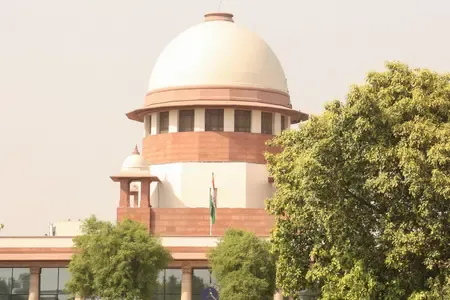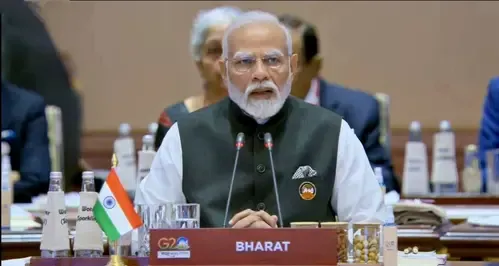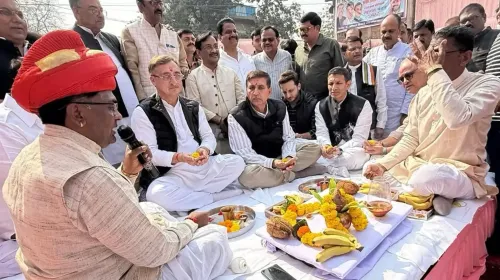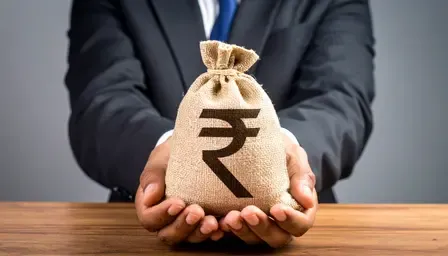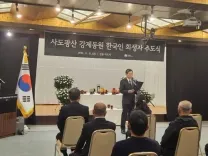Why is Congress Chief Kharge Blaming the Government for Increased Tariffs?
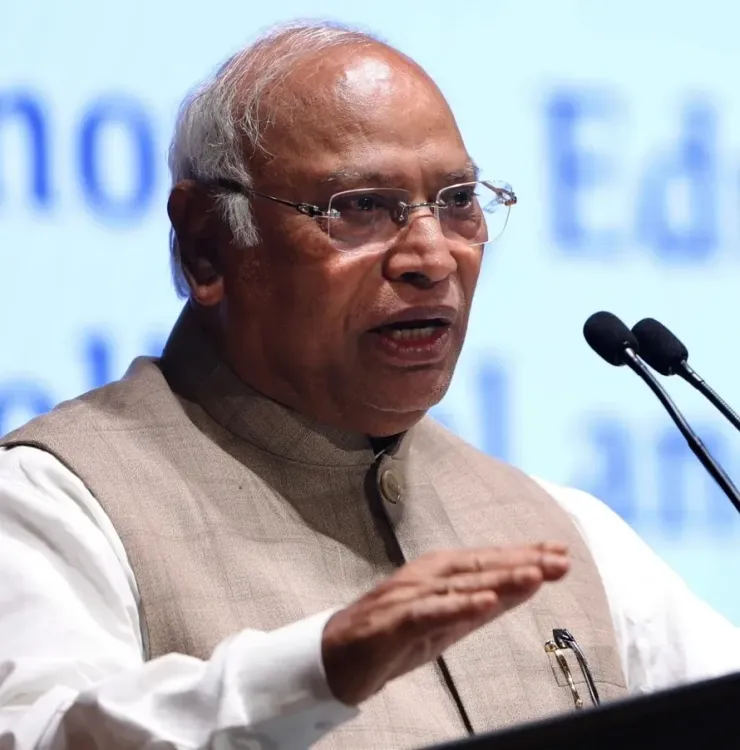
Synopsis
Key Takeaways
- Congress criticizes Modi government for foreign policy failure.
- US tariffs on Indian goods have increased to 50%.
- Economic impact could be severe for several sectors.
- India rejects allegations regarding oil trade with Russia.
- Diplomatic tensions are escalating between India and the US.
New Delhi, Aug 7 (NationPress) Congress President Mallikarjun Kharge fiercely criticized the government led by Prime Minister Narendra Modi regarding the US administration's recent move to double tariffs on Indian goods, labeling it a “foreign policy disaster” that cannot be attributed to the Congress' 70-year rule.
Previously, US President Donald Trump had enforced a 25 percent tariff on Indian imports to the US. Following Trump's announcement on Wednesday, this tariff has now surged to 50 percent.
In a statement on social media platform 'X', Kharge stated, “India's national interest is supreme. Any nation that unjustly penalizes India for our steadfast policy of strategic autonomy, rooted in the ideology of non-alignment, fails to recognize the strength of India. From threats posed by the 7th Fleet to sanctions following nuclear tests, we have always engaged with the US with dignity and self-respect.”
Kharge further condemned PM Modi’s silence amid rising US rhetoric.
“Trump’s 50 percent tariffs come when our diplomacy is faltering. @narendramodi ji, you remained silent when Trump claimed to have brokered a ceasefire—a claim he has made public over 30 times.”
Kharge also referred to Trump’s comments during the BRICS summit on November 30, 2024, where the US President reportedly threatened a 100 percent tariff on BRICS nations and declared the group “dead,” while PM Modi, as Kharge noted, “sat there smirking.”
Addressing the economic ramifications, Kharge mentioned, “India’s exports to the US total Rs 7.51 lakh crore (2024). A 50 percent blanket tariff could impose an economic burden of Rs 3.75 lakh crore. Sectors like MSMEs, agriculture, dairy, engineering goods, electronics, gems and jewellery, pharmaceuticals, petroleum products, and cotton garments will suffer the most.”
Kharge criticized the government's inaction: “Trump has been hinting at ‘reciprocal tariffs’ for months. Yet, the Union Budget included no measures to mitigate the impact. Your ministers have endlessly discussed negotiating a trade deal, with some even stationed in Washington—yet have achieved nothing.”
“You’ve had over six months. And now that Trump is pressuring us, you remain silent. This is a foreign policy disaster—one that cannot be blamed on Congress this time,” Kharge added.
In response, the Indian government has condemned the latest tariff increase, deeming it “unfair, unjustified, and unreasonable.” India asserts that its oil imports—including those from Russia—are based on market needs and crucial for the energy security of 1.4 billion people.
The issue escalated after Trump accused India of indirectly aiding Russia’s war in Ukraine by profiting from inexpensive Russian oil.
In a post on Truth Social, Trump claimed, “India is not only purchasing vast amounts of Russian oil, but they are also selling much of it on the open market for significant profits. They are indifferent to how many lives are lost in Ukraine due to the Russian war machine.”
India, however, has dismissed these allegations, affirming that its energy trade is driven by sovereign policy and market dynamics.
The tariff increase coincided with Trump’s special envoy Steve Witkoff meeting with Russian President Vladimir Putin in Moscow, raising questions about Washington’s diplomatic intentions.
On Tuesday, Trump threatened additional tariffs on India within 24 hours. Although the deadline passed, the executive order was issued shortly after, heightening tensions between the two nations.

